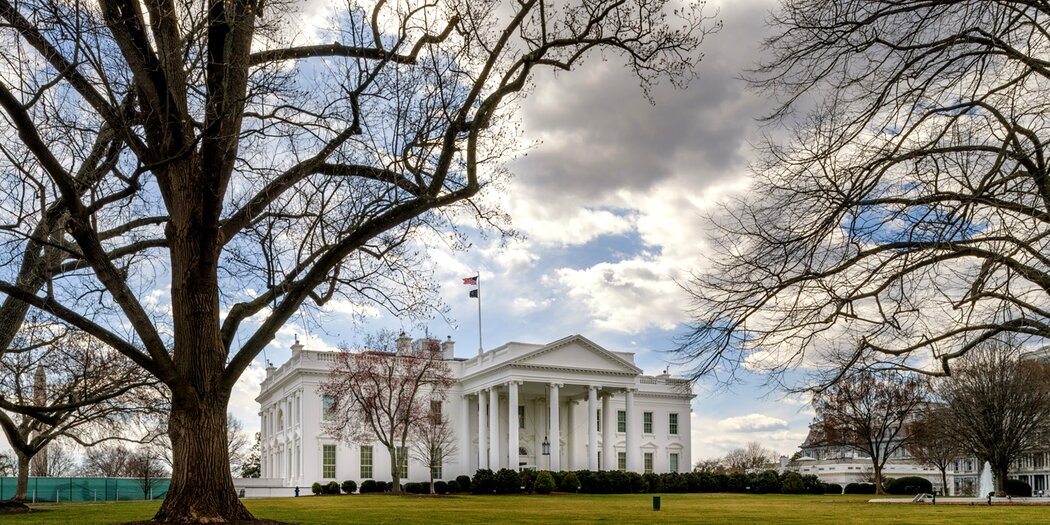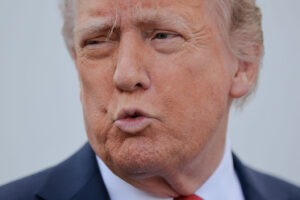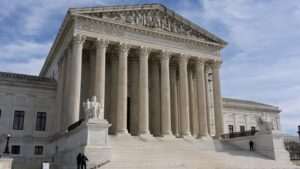The Unfolding Trade Drama: High Tariffs and Their Implications
The late 1800s, known as the Gilded Age, is a period former President Donald Trump seems to idolize as a time when America was at its peak. This era, famously dubbed by Mark Twain, is characterized by high tariffs and the absence of income taxes, leading to immense wealth for select individuals. Historian Vernon Parrington referred to it as “the Great Barbecue,” highlighting how only the elite, such as bankers and business magnates, were invited to benefit while ordinary workers were left behind.
During this period, the government was much smaller, with its operations largely funded by tariffs. These tariffs became a source of favoritism and corruption, a pattern that appears to be repeating today. Trump’s recent announcement of a global trade war, particularly with China, has stirred up considerable controversy. Despite a financial crisis warning from the bond market, the hefty 125 percent tariffs on Chinese imports persist, though with some exceptions and complications.
The impact of these high tariffs is particularly concerning for the consumer electronics sector. The inauguration day image of tech giants Elon Musk, Jeff Bezos, Mark Zuckerberg, and Apple’s CEO Tim Cook front and center underscored the industry’s importance. Many tech companies voiced their concerns through intensive lobbying, trying to protect their interests as tariffs threatened their operations. Eventually, a notable exemption was granted for smartphones, laptops, and similar electronics, announced quietly by Trump late one Friday night. This decision has been criticized for its apparent favoritism and lack of logical basis.
Commerce Secretary Howard Lutnick had previously explained that the tariffs aimed to repatriate industries like electronics manufacturing. He envisioned a future where such production would return to the U.S., albeit in automated factories. However, the cost of manufacturing domestically would still be high, as imported parts would be subject to the new taxes.
This selective exemption underscores the regressive nature of the tariffs, as luxury items like expensive laptops are spared, while everyday necessities such as clothing and household items are heavily taxed. While there’s no direct evidence of financial contributions influencing the tariff policies, the situation highlights the potential for lobbying and influence-peddling within this mercantilist framework.
Trump’s use of presidential emergency powers to impose these tariffs has bypassed Congress, which traditionally set such rates. This shift raises concerns about the concentration of power and the influence of wealth on policymaking. Meanwhile, some lawmakers, like Rep. Marjorie Taylor Greene, have benefited from well-timed stock trades, as reported by The New York Times. Her financial disclosures revealed significant stock purchases just before Trump’s tariff policy shift, a practice common among many legislators.
The current scenario calls for systemic reforms. Proposals include public financing of political campaigns, greater transparency of large gifts, stricter regulations or bans on congressional stock trading, and reforming emergency powers. The influence of money in politics has long been a contentious issue, with public discontent occasionally sparking reform. As Theodore Roosevelt once noted, periods of corruption and inequality often lead to a “day of atonement.”






